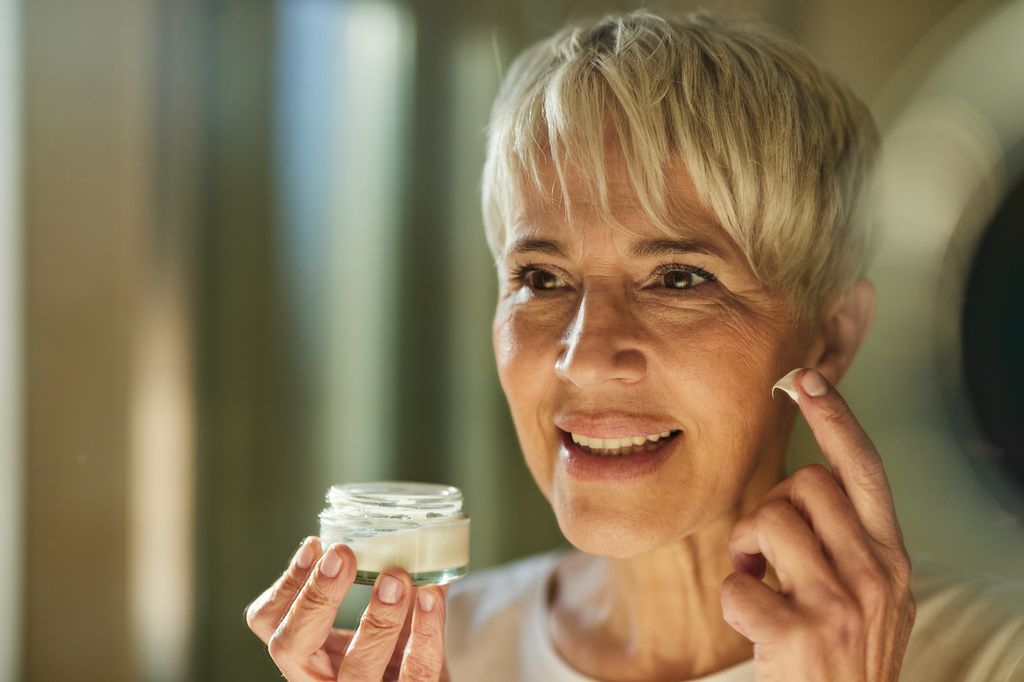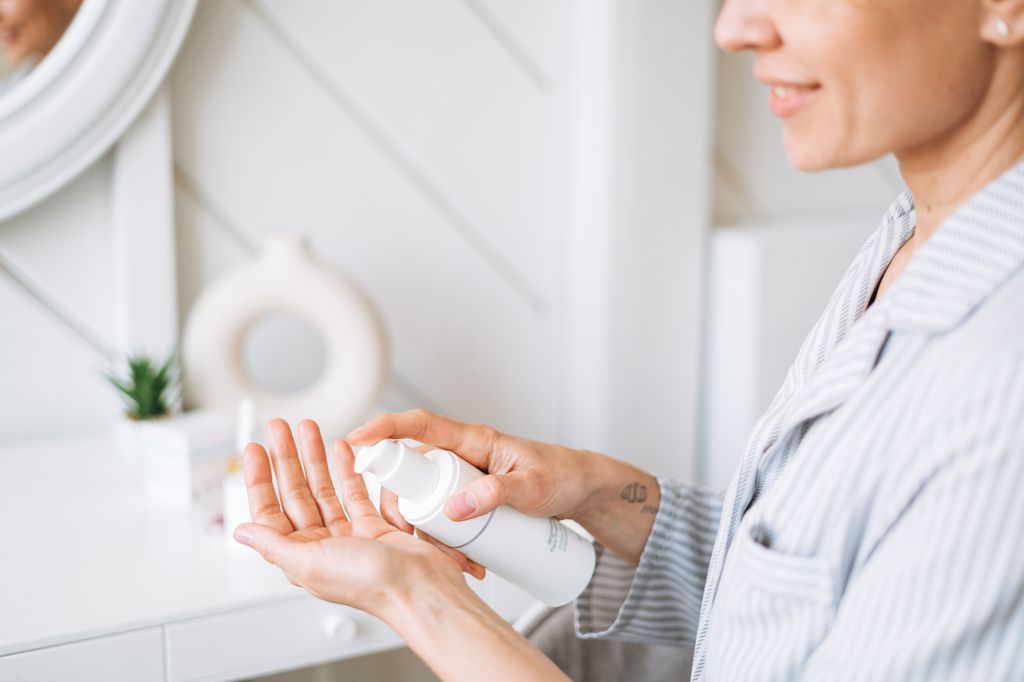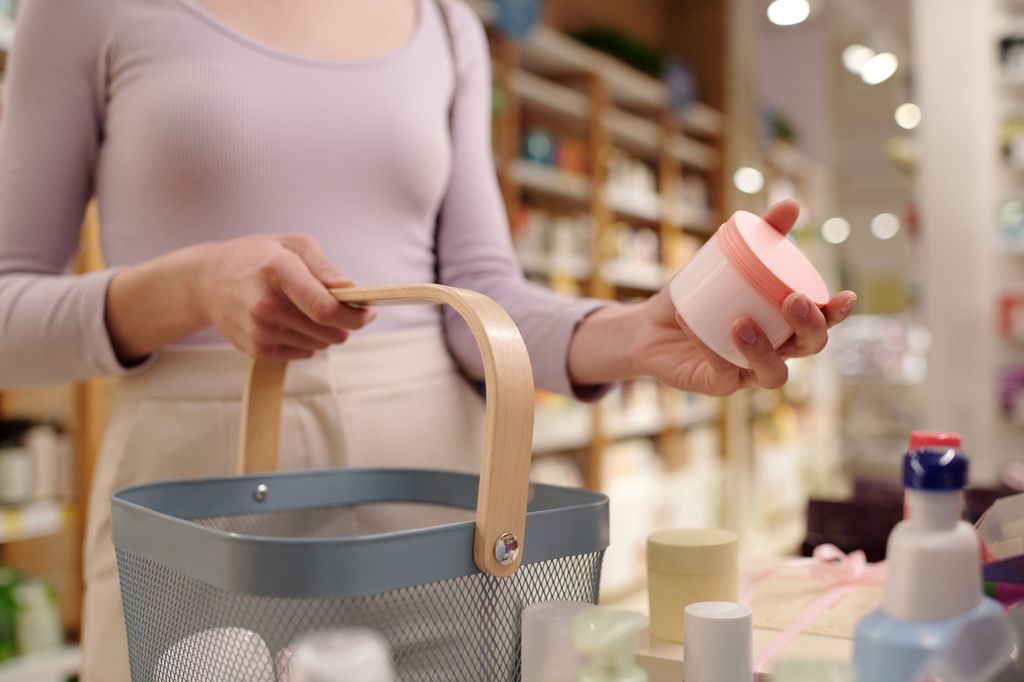
By the time I turned 50, my skin—once dewy, plump and effortlessly low-maintenance—had started to feel like it belonged to someone else. No matter how many serums I slathered on, or how many litres of water I drank, I still looked in the mirror and saw someone tired, a little hollow, and, quite frankly, a little less me.
If that sounds familiar, you’re not alone. In fact, according to leading cosmetic dermatologist Dr Tapan Patel, what I was experiencing is completely normal.
“A lot of women complain about dry, itchy, thinning skin during menopause,” he says. “That’s because the production of collagen—the building block of the skin—drops significantly. During menopause, this drop can be as much as 30 per cent. That’s disastrous for skin integrity.”
The science behind the sag
We all know collagen is crucial for maintaining firm, youthful skin. But it turns out it’s just one part of a bigger picture. “At the same time,” Dr Patel continues, “elastin—which makes your skin snap back when pinched—also declines massively, as does hyaluronic acid, which holds moisture in.” The result? Skin that’s dry, papery, wrinkled and prone to sagging, particularly around the mouth, eyes and jawline.
Even worse, the effects don’t stop there. “Wounds in post-menopausal women tend to heal more slowly due to excessive inflammation,” says Dr Patel. “This slow healing and decreased regenerative ability makes skin look dull, uneven and more prone to redness and irritation.”
It all sounds rather grim, but thankfully, there is hope. Enter Calecim, the skincare serum that’s been causing serious buzz amongst beauty insiders and skin professionals alike.
Stem cells to the rescue
So what exactly is Calecim, and why is it so exciting?
“Calecim is a stem cell-derived serum,” Dr Patel explains. “All the cells in our body originate from stem cells, which contain little packages called exosomes. These exosomes hold all the material required to repair and regenerate tissue.”
The brand’s active ingredient, PTT-6, is where the magic happens. “When PTT-6 is applied to aged skin cells,” Dr Patel tells me, “you see a 56 per cent increase in elastin and an 83 per cent increase in hyaluronic acid. That’s significant—and it means skin that’s visibly younger and much healthier.”
Even more impressive is the way this super-serum works with your body’s own natural processes. Rather than adding artificial fillers or freezing facial muscles, Calecim acts as a kind of cellular boot camp, training your skin to heal and rejuvenate itself.
“The formula is designed to activate your body’s biological repair system,” says Dr Patel. “It regenerates cells by up to 600 per cent, increasing skin health and hydration, smoothing texture, and improving tone. Over time, skin becomes firmer, clearer and far more radiant.”
What does that actually mean for menopausal skin?
Put simply, a lifeline. During menopause, skin becomes more fragile and prone to fine lines, redness and pigmentation. And with collagen levels continuing to decline by around two per cent each year for the next two decades, early intervention is key.
“The treatment can be targeted to treat the more superficial skin layers to create plumping and firmness, best suited for a more youthful skin,” Dr Patel explains.
My verdict?
After just a few weeks of using Calecim, my skin started to behave like it did in my 30s. It was plumper, clearer and more hydrated. Friends commented that I looked well-rested and fresh—despite the fact I hadn’t slept properly in months. And more than that, I felt like me again. Not a younger version, not a filtered version, just the best version of myself today.
It’s easy to feel like menopause is something to endure rather than embrace. But treatments like Calecim give you back a sense of control. They offer a way to treat yourself with kindness and care, at a time when so many of us need it most.
So if you’re navigating menopause and feel like your skin no longer reflects the woman you are, know this: help is out there. And better yet, it’s backed by science.
Because ageing may be inevitable—but how we glow through it? That’s up to us.








